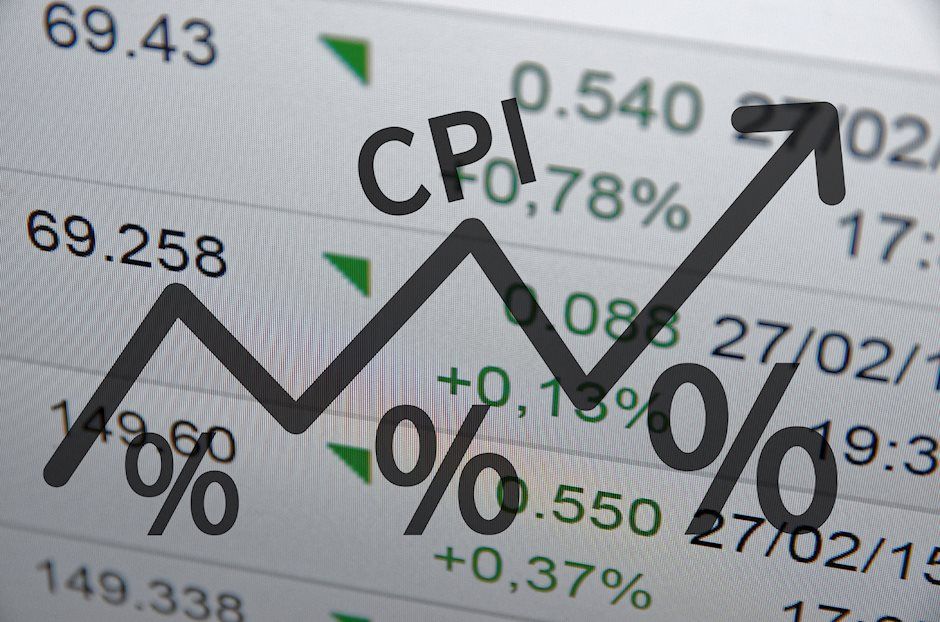August CPI preview: The possible tiebreaker between a 25 or 50 bps cut?

Summary
Consumer price inflation likely picked up in August in a reminder that the road to restoring price stability will still have some bumps along the way. We estimate the core index rose 0.25%, which would still be less than the average increase in Q1 that set back the clock on expectations for Fed easing and would keep the year-over-year rate of the core unchanged at 3.2%. Headline inflation for August will likely offer further evidence that through the month-to-month moves, inflation's progress is not going into reverse. We look for a 0.2% increase in headline CPI that would bring the year-over-year rate to 2.6%—the smallest increase since the pandemic's one-year anniversary in March 2021.
A rate reduction at the FOMC's upcoming meeting on September 18 looks all but certain, but the upcoming CPI report could serve as a tiebreaker between a 25 or 50 bps cut if the August jobs report lands in the gray zone between clearly weak and clearly strong. A 0.3% (or larger) increase in the core CPI could make some of the more hawkish members hesitant to begin cutting at all, making a 25 bps rate reduction the compromise outcome. In contrast, another unexpectedly-low print (below 0.2%) could make enough officials comfortable with a 50 bps cut—not because the labor market is falling apart, but because the significant progress on the price-stability side of its mandate no longer requires such a restrictive stance of policy.
Author

Wells Fargo Research Team
Wells Fargo

















